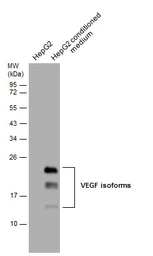VEGFA antibody
Cat. No. GTX129844
Cat. No. GTX129844
-
HostRabbit
-
ClonalityPolyclonal
-
IsotypeIgG
-
ApplicationsWB
-
ReactivityHuman

